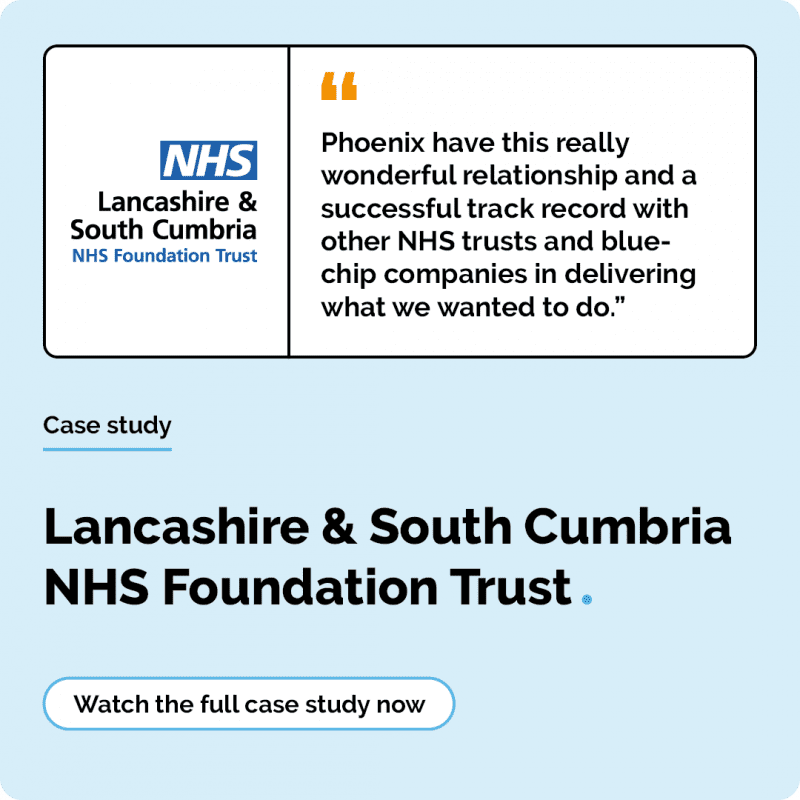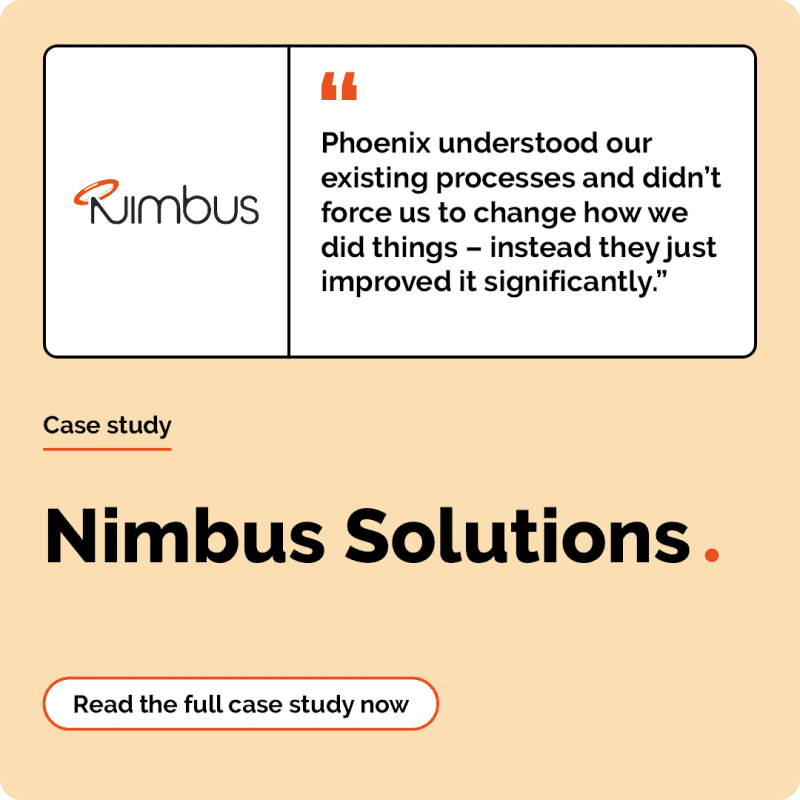The five pillars of AI governance
2 minute read
Melissa Underwood
December 18th, 2024
Artificial Intelligence (AI) is becoming integral to business operations. While the potential benefits of AI are great, there’s a critical component that organisations must not overlook—governance. Effective AI governance ensures that the technologies are used responsibly, ethically, and efficiently, safeguarding the organisation from potential risks while maximising value.
We’ll get into the five main elements of AI governance soon. First off, what is AI governance?
AI governance is the process of creating and enforcing rules to ensure the ethical, responsible, and secure use of artificial intelligence (AI). It involves setting clear guidelines for how AI systems are deployed and monitored to prevent harm and promote fairness. By focusing on accountability and transparency, AI governance helps organisations build trust with users and regulators while addressing risks.
Ethics and compliance
One of the most pressing reasons for implementing AI governance is the need to ensure ethical use and compliance with regulations and best practise. AI technologies are powerful but can be prone to biases, misuse, and unintended consequences. Without proper oversight, training, and policies, these tools could generate content that reinforces stereotypes, violates privacy, or breaches legal requirements.
Governance frameworks help organisations set ethical guidelines and compliance standards. They ensure that AI systems are trained on diverse and representative data sets, mitigating biases.
Data privacy and security risks
AI systems rely heavily on data, making privacy and security a concern.
Governance plays a crucial role in defining the scope of data being accessed, processed, stored, and used by AI technologies. It establishes clear protocols for data handling, ensures compliance with data protection regulations such as GDPR, and implements security measures to protect against breaches. Additionally, governance helps in defining data access levels, ensuring that only authorised people can access sensitive information. Carrying out a data assessment ensures you have visibility of all your data, sensitive data and access permissions. Phoenix can support with this and ensure a more secure approach before embarking on AI journeys and deployments.
Alignment with business objectives
While AI tools can significantly enhance productivity and innovation, they must be aligned with the organisation’s strategic objectives to deliver real value. Without proper governance, there’s a risk that AI initiatives might drift away from the company’s goals, leading to wasted resources and missed opportunities.
Governance frameworks provide a structured approach to evaluating and prioritising AI projects, ensuring that resources are allocated to initiatives that offer the most impact.
Transparency and accountability
Transparency and accountability are key principles in AI governance. As AI systems become more complex, understanding how they make decisions becomes increasingly challenging.
Governance ensures that AI systems are transparent and that decision-making processes are well-documented and explainable. Governance and best practise frameworks establish clear lines of accountability, ensuring that there is always a human in the loop who is responsible for overseeing AI operations.
Operational risks
AI technologies can introduce new operational risks, including dependency on AI for critical tasks, potential for errors in AI-generated outputs, and the challenge of integrating AI with existing systems and workflows. Without proper alignment to best practise, these risks can lead to significant disruptions.
A robust governance framework helps in identifying and mitigating operational risks associated with AI adoption. This proactive approach to risk management helps organisations avoid potential pitfalls and maintain smooth operations.
Talk to us about AI governance
As organisations turn to AI to drive efficiency and innovation, the importance of aligning to best practise can’t be overstated. Effective governance ensures that AI is used ethically, securely, and in alignment with business goals, while also managing risks and fostering transparency and accountability.
If you’d like to define which best practice frameworks would be best to align to, please get in touch with our Governance, Risk, and Compliance Team. We understand your current situation and support with guidance and policy creation where required.
Get in touch





